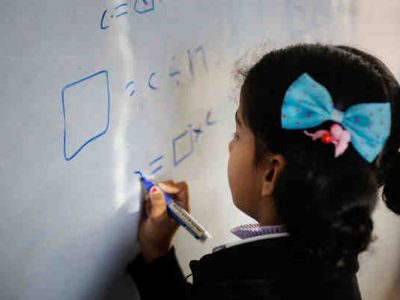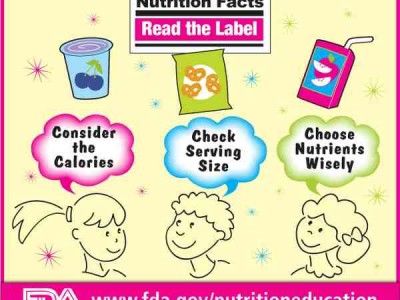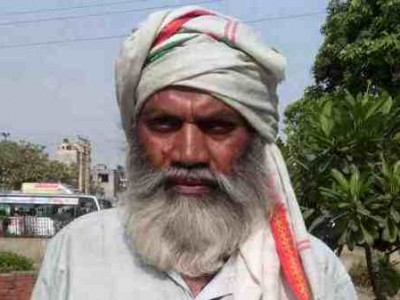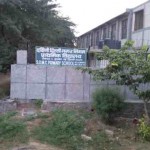
How to Protect Children Fleeing War in Ukraine
Children fleeing war in Ukraine are at heightened risk of human trafficking and exploitation, UNICEF has warned, adding that traffickers often seek to exploit the chaos of large scale population movements.
With more than 1.5 million children having fled Ukraine as refugees since 24 February, and countless others displaced by violence inside the country, the threat facing children is real and growing, said UNICEF.
According to a recent analysis conducted by UNICEF and the Inter-Agency Coordination Group against Trafficking (ICAT), 28 percent of identified victims of trafficking globally are children.
In the context of Ukraine, UNICEF child protection experts believe that children would likely account for an even higher proportion of potential trafficking victims given that children and women represent nearly all of the refugees who have fled the country so far.
More than 500 unaccompanied children were identified crossing from Ukraine into Romania from 24 February to 17 March. The true number of separated children who have fled Ukraine to neighbouring countries is likely much higher. Separated children are especially vulnerable to trafficking and exploitation.
To protect and support children and families who have fled Ukraine, UNICEF and UNHCR in partnership with governments and civil society organizations, are setting up “Blue Dots,” one-stop safe spaces for children and women.
‘Blue Dots’ provide key information to traveling families, help to identify unaccompanied and separated children and ensure their protection, and provide a hub for essential services.
‘Blue Dots’ have already been established in countries hosting Ukrainian children and women and are being scaled up over the coming days, including 34 in Poland.
UNICEF is urging the governments of neighbouring countries and other countries of destination to strengthen child protection screenings at border crossings, especially those with Ukraine, to better identify at-risk children.
In addition, UNICEF is calling on governments to improve cross-border collaboration and knowledge exchange between and among border control, law enforcement and child protection authorities and to quickly identify separated children, implement family tracing and reunification procedures for children deprived of parental care.
Additional screening for protection risks should be implemented in shelters, large urban train stations, and other locations where refugees are gathering or passing through.
It is also critical for national and international law enforcement to monitor the movement of children and women and actively mitigate the risks facing vulnerable groups.














